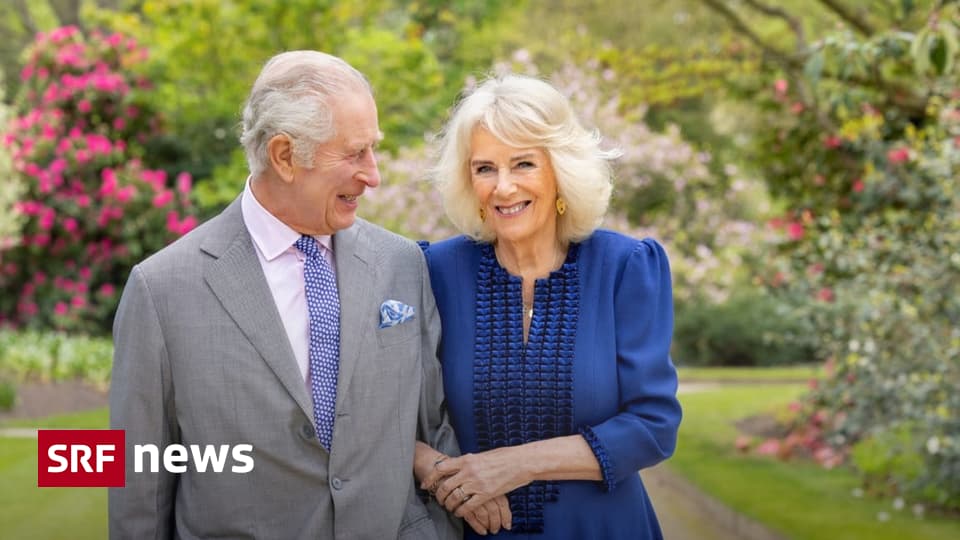Aviation is pinning its highest hopes on sustainable fuels. But they are expensive and hardly available. This is also shown by figures from Air France and KLM.
green fly? It will be a long time before it becomes a reality. The technologies that enable fully climate-neutral flight are far from mature. Therefore, the greatest hopes are currently pinned on the use of sustainable fuel, known in SAF, short for sustainable aviation fuel.
For example, the European Union recently agreed to blend quotas that airlines are required to comply with. From 2025, it must be filled with at least 2% sustainable fuel. The share will increase to six percent by 2030, and from 2035 20 percent of the fuel in the tank should be sustainable, and by 2050 70 percent. Sustainable fuels promise to reduce carbon dioxide2emissions by about four-fifths.
Global production is not enough anywhere
But there is still a lot that needs to happen to make the necessary quantities available at all. Because currently global production of sustainable fuel is nowhere near what airlines need. This is also shown by figures recently presented by Air France-KLM at an event in Paris.
According to CEO Benjamin Smith, his group used 17 percent of the SAF produced globally last year. For comparison: with conventional kerosene, it was only three percent. In 2023, Air France-KLM plans to cover just over one percent of its fuel needs with sustainable fuels, and by 2030 the share is expected to rise to 10 percent – slightly more than the European Union specifies.
It requires different production methods
To meet the demand, the Franco-Dutch group, among other things, has signed a contract with Neste for 1 million tons of sustainable fuel from biomass by 2030. But this method of obtaining sustainable fuel will not be enough to cover the demand. Because biomass is only available on a limited scale.
In the future, it will be necessary to obtain security using other techniques, such as obtaining it directly from the air. Some companies are already working on it. Like Synhelion.
Swiss has invested in Synhelion
The company, founded by ETH researchers, has developed processes that make it possible to reduce carbon dioxide2 Filter out the atmosphere. Then, it can be converted “with water and with the help of concentrated sunlight into a syngas that can be used to produce fuel.” The Swiss subsidiary Lufthansa has invested in the development of the company.
You can see how the Synhelion method works in the video below:

“Tv expert. Hardcore creator. Extreme music fan. Lifelong twitter geek. Certified travel enthusiast. Baconaholic. Pop culture nerd. Reader. Freelance student.”







More Stories
Simply the funniest photos and videos of the week
D-AIXT: This is what Lufthansa's first Airbus A350 with the Allegris cabin looks like
USA: It is clear that the economy is losing momentum at the beginning of the year